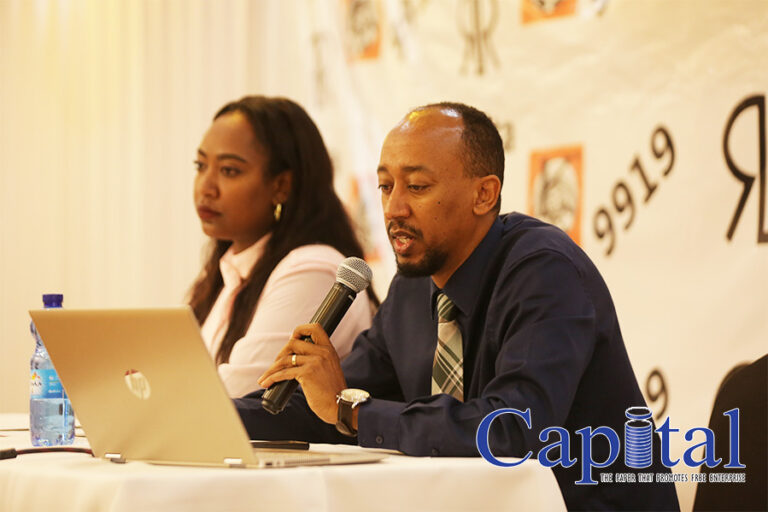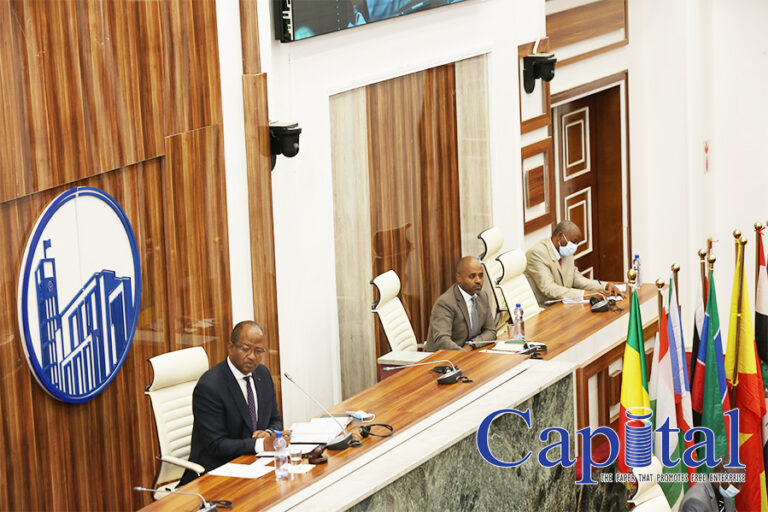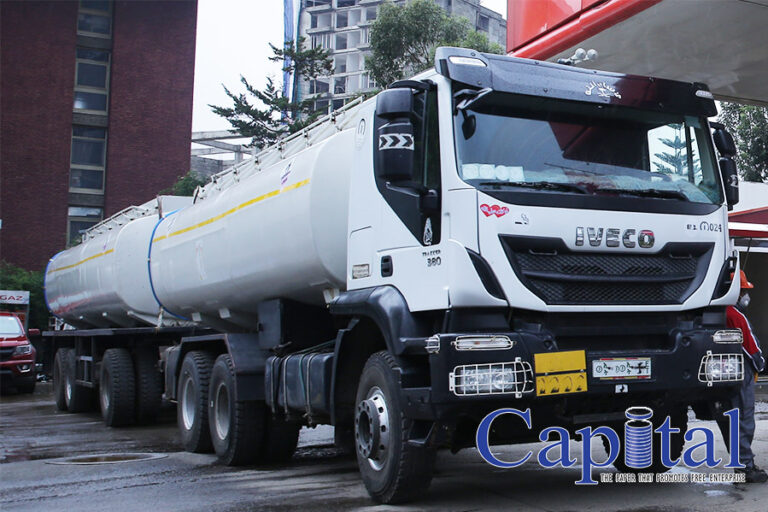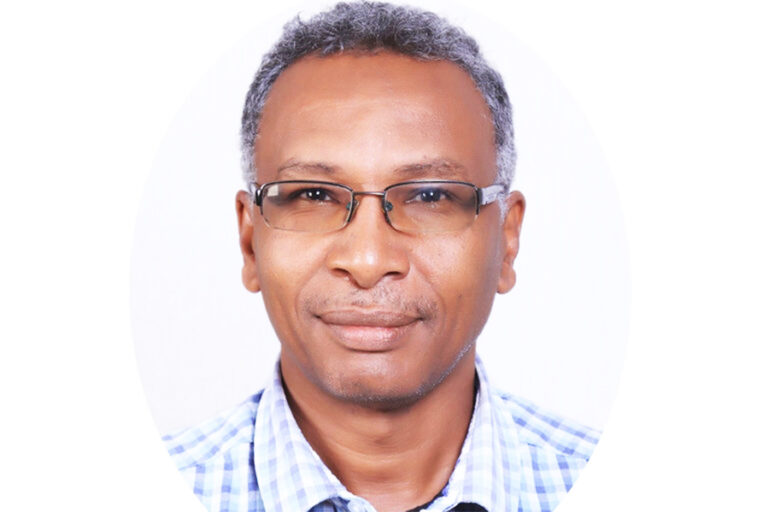Good Governance Africa (GGA) was established in 2012 as an independent, registered non-profit organisation – with offices in South Africa, Nigeria and Ghana – with the aim of promoting better governance in Africa to improve the lives of all citizens.
They research, analyse and interpret information aligned with their focus areas across context-driven centres in Africa. GGA conducts targeted research, promotes fact-based knowledge and propagates ethical values and aligned strategic partnerships.
Through their flagship publications, the quarterly Africa in Fact journal and annual Africa Survey, GGA generates and publishes content representing an Afro-centric voice, with hard-hitting reportage and in-depth analysis, including key economic, social and political indicators on all the countries on the continent.
Similar to this for the Eastern Africa region is the Good Governance Africa – Eastern Africa (GGA) organization. GGA-EA works in 10 countries located in the Horn and East Africa. These are Eritrea, Djibouti, Ethiopia, South Sudan, Kenya, Uganda, Tanzania, Rwanda, Somalia and Burundi.
Zerihun Mohammed currently serves GGA-EA as an Executive Director at the regional office at Addis Ababa, Ethiopia. Zerihun holds a PhD from University of Cambridge in Human Geography and has gone on to accumulate extensive experience with a career spanning more than three decades. Capital caught up with Zerihun for insights on the programs and activities being undertaken by GGA-EA. Excerpts;
Capital: Tell us the sphere of works done by Good Governance Africa-Eastern Africa (GGA-EA)?
Zerihun Mohammed: Good Governance Africa (GGA) is a research and advocacy non-profit organization with centers across Africa focused solely on improving governance across the continent.
GGA engages in applied research and stimulates critical debate. All our work is based on exploring and advancing the key governance principles of democracy, accountability and transparency, and combining these with upholding the rule of law and respecting human, civil and property rights.
GGA-EA is a registered civil society organization under Ethiopia Civil Society Proclamation No. 1113/2019 and it is governed by a board.
GGA-EA works in 10 countries located in the Horn and East Africa. These are Eritrea, Djibouti, Ethiopia, South Sudan, Kenya, Uganda, Tanzania, Rwanda, Somalia and Burundi. Of them, seven (Eritrea, Djibouti, Ethiopia, South Sudan, Kenya, Uganda and Tanzania) are members of the Inter-Governmental Authority for Development (IGAD).
GGA-EA works in close collaboration with national, regional continental and international development organizations, including the African Union (AU), Inter-Governmental Authority for Development (IGAD) and the East African Community (EAC).
Capital: How are you engaged in creating good governance in the region?
Zerihun Mohammed: GGA-EA’s mission is to promote fact-based knowledge and good practice through topical research, critical conversations and advocacy.
We conduct different kinds of researches as knowledge and information is one of the major challenges to forming the appropriate development policies and good governance at different levels. We craft ways to deliver forums to deliberate on national and regional agendas. Moreover, knowledge and information obtained from research, public engagements/dialogues and other events are organized and disseminated using appropriate channels. We have also been giving capacity building services to local government offices, civil society organizations, community-based organizations and other relevant entities. Furthermore, using scientific knowledge and field evidence, in collaboration with other actors, the office conducts advocacy activities on important issues that contribute to alleviating the socio-economic and political problems of the people of the region.
Capital: Conducting ‘Free and fair elections’ being one of the foundational principles of good governance; what role did your organization play in the recent Ethiopian election?
Zerihun Mohammed: The 6th edition of Ethiopia’s national elections was held on 21 June 2021. The election took place in a situation of mixed feelings. Before the period of the election, we had been conducting different kinds of discussions and platforms regarding the election between different political parties and stake holders on different issues. For example, we discussed key issues such as the views people had on how the election should go, the political parties’ expectation from the media and Medias expectation from the political parties engaging in the election. Media expertise and other professionals held discussions to make the election reporting good and fruitful.
For example we have conducted a webinar dubbed ‘The Ethiopian Election 2021 and Hope for Democratic Transition: Challenges and prospects.’ The webinar was held with hope for the attainment of the promise to transition the country to democracy and fear of what may transpire in the course of the electoral process given the multifaceted problems the country is facing was looked into. The aim of the webinar was to initiate an informed debate among the Ethiopian Diaspora, friends of Ethiopia and the wider international community. To achieve this, talking points of the webinar included: Making sense of the trajectory leading to the scheduled national election, appraising the current state of affairs pertaining to the election, outlining possible developments going forward and; envisioning post-poll scenarios.
The other was election and youths, what the younger population expected from the election how should the election be going and other issues by engaging youths and different youths associations political parties and other stake holders to create common ground and understanding specially in developing the culture of dialogue was our goal.
In addition, we also created avenues for the youth to air out their expectations on the election, by engaging the youth with political parties and other stake holders to create common ground of understanding. All in all we developed a culture of dialogue, through the various platforms that we organized which was our primary goal during the electioneering period.
Capital: Do you think it has been successful?
Zerihun Mohammed: I think we have been successful. A good example of our credibility both pre and post-elections is the participation of well-known politicians and government officials in our discussion platforms in addition to a series of positive engagements with the public and relevant stakeholders.
Capital: Was the election fair and free?
Zerihun Mohammed: It depends on the judgment of different people, and lots of people I believe agree that it was free and fair despite few challenges. So in the eyes of the majority it was fair. Of course there are parties that didn’t participate in the election, and there were conflicts in some parts of the country. It would have been even better if this did not occur. However, the result was free and fair in my own opinion.
Capital: Did you also have similar programs in the post-election phase? After the election what did you do?
Zerihun Mohammed: Similar to or programs or activities in the pre-election, the post-election phase is where the winner is known. When the public cast the ballot, they cast it with various expectations, and we do our due diligence to see that this expectation is not forgotten by the elected government.
Currently one of major needs of the public is peace and security. Thus we expect that the new government has way forwards to attain this. We play the role of a catalyst in this scenario by providing platforms for engagement in a way to better identify best options of addressing the issue.
Moreover, through various discussion platforms we engaged involved governing parties on the expectations and need of the public and we further strengthen this through dialogues just as the one we have held last Saturday under the theme ‘Peace and security national dialogue.’
Capital: How do you ensure that the points discussed reach government?
Zerihun Mohammed: We make efforts to contact and involve government officials in the discussions. Moreover, we release our discussion points to the communications platforms to various media outlets which provide extensive reach.
Capital: What is your view of the national dialogue?
Zerihun Mohammed: I believe it is one way to start as it is a positive step in the right direction. I support the initiative and I hope it keeps on being more and more inclusive and bring forth peace and unity of all parties involved.








